Far too often clients come to me ready to jump into the world of supplements. I’m frequently asked “what do you think about Creatine or can I start using Pre-workout? All of these are great questions and likely questions most athletes will grapple with–in time. However, for most people, the sad truth is that time is not now. I love supplements. I’ve posted videos on the many supplements I take to help me take my training and recover to the next level. I’ve spent years researching the right supplements and the right timing–for me. Something else I did was begin with a solid nutrition plan, and this is the piece most people are missing when they prematurely begin to think about supplements. Before you think about incorporating anything outside of a post-workout recovery shake make sure you have a healthy diet.
The foundation of a healthy diet includes lean proteins, whole grains, fruits and vegetables, low-fat dairy, and healthy fats. these are the prerequisites that must be in place before we can begin to talk about supplements. Additionally, you should first be having three meals and three snacks a day consistently. All of these prerequisites should be in place before turning to supplements.
I feel that I should take the time to clarify what I mean by supplements. “The term “dietary supplement” describes a broad and diverse category of products that you eat or drink to support good health and supplement the diet. Dietary supplements are not medicines, nor should they be considered a substitute for food.” Bear in mind that these supplements that I am referring to do not undergo the same federal regulations that are required of other goods. The U.S. government strictly regulates foods for ingredients, additives, manufacturing practices, safety, and packaging. That is not the case for nutrition supplements. “Under the Dietary Supplement Health Education Act (DSHEA), dietary supplements are not required to be registered with or obtain pre-market approval by the FDA. This means FDA provides no assurance of purity, safety or effectiveness.” The FDA must “show that a supplement is unsafe or has been adulterated before it can be removed from the market.” Even after all this, there is no guarantee that most of these products work. “The FDA does not conduct premarket reviews to determine if a supplement is effective and manufacturers are not required to share with consumers or FDA any information on safety or effectiveness of supplements. Dietary supplements can cause adverse health effects and may result in a positive test for banned substances.”
That being said, there are some supplements that have been tried, tested and deemed effective by large communities of people. Among these supplements are Creatine Monohydrate, Beta-alanine, BCAA’s, L-Glutamine and many more. All of these are fine for healthy individuals to take as a part of a balanced diet, but you should always consult your doctor first.
To Your Continued Success,
Coach Don



